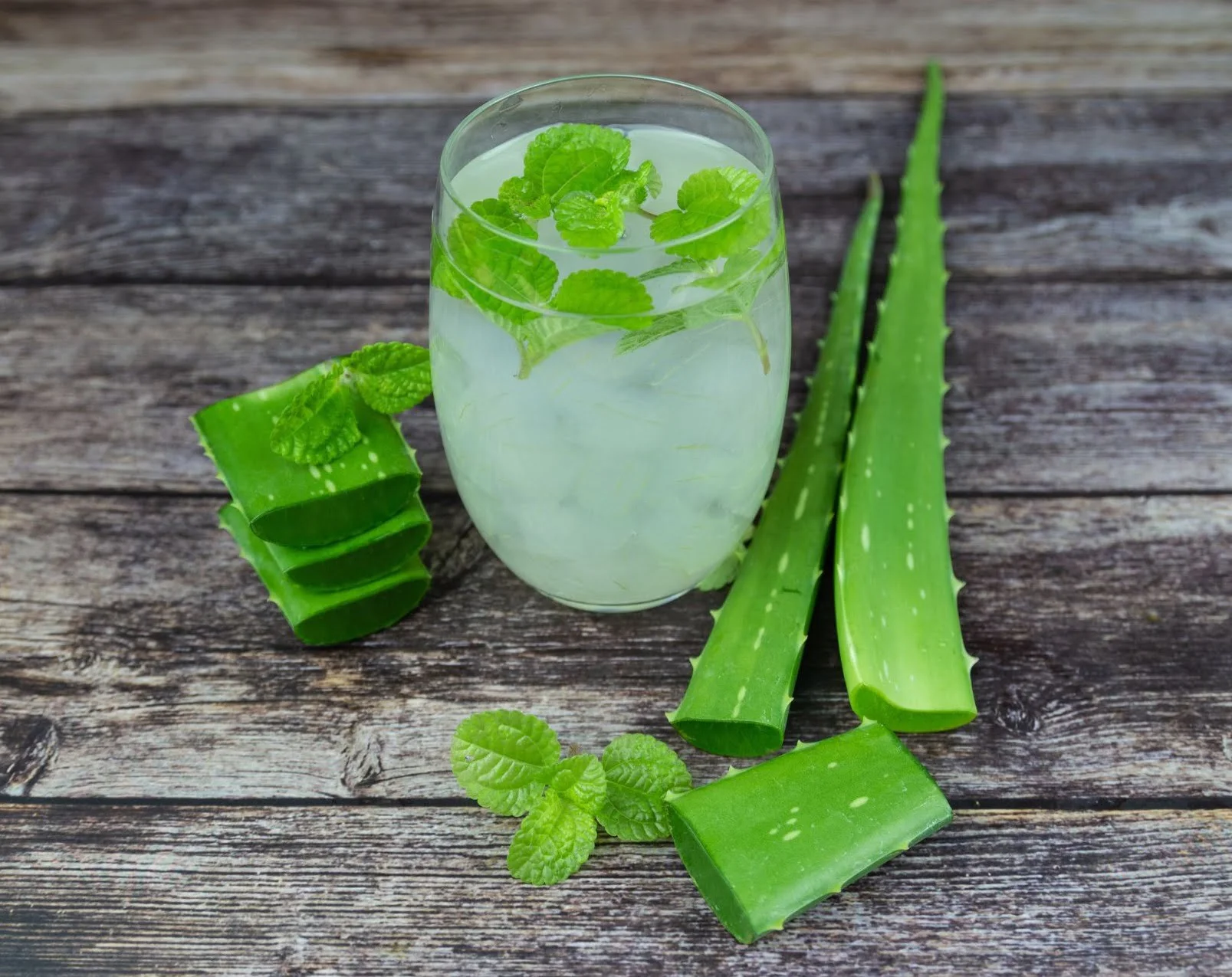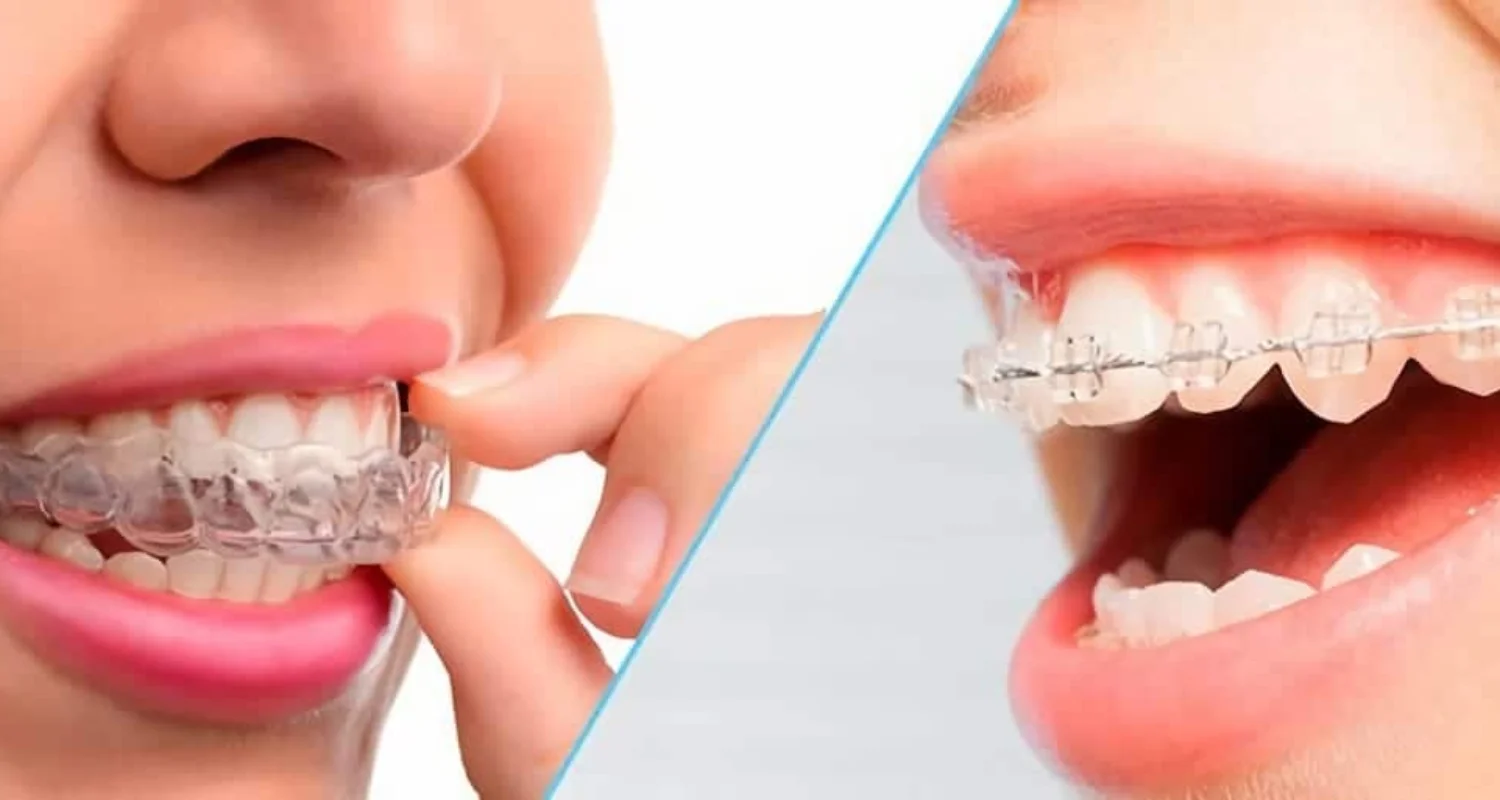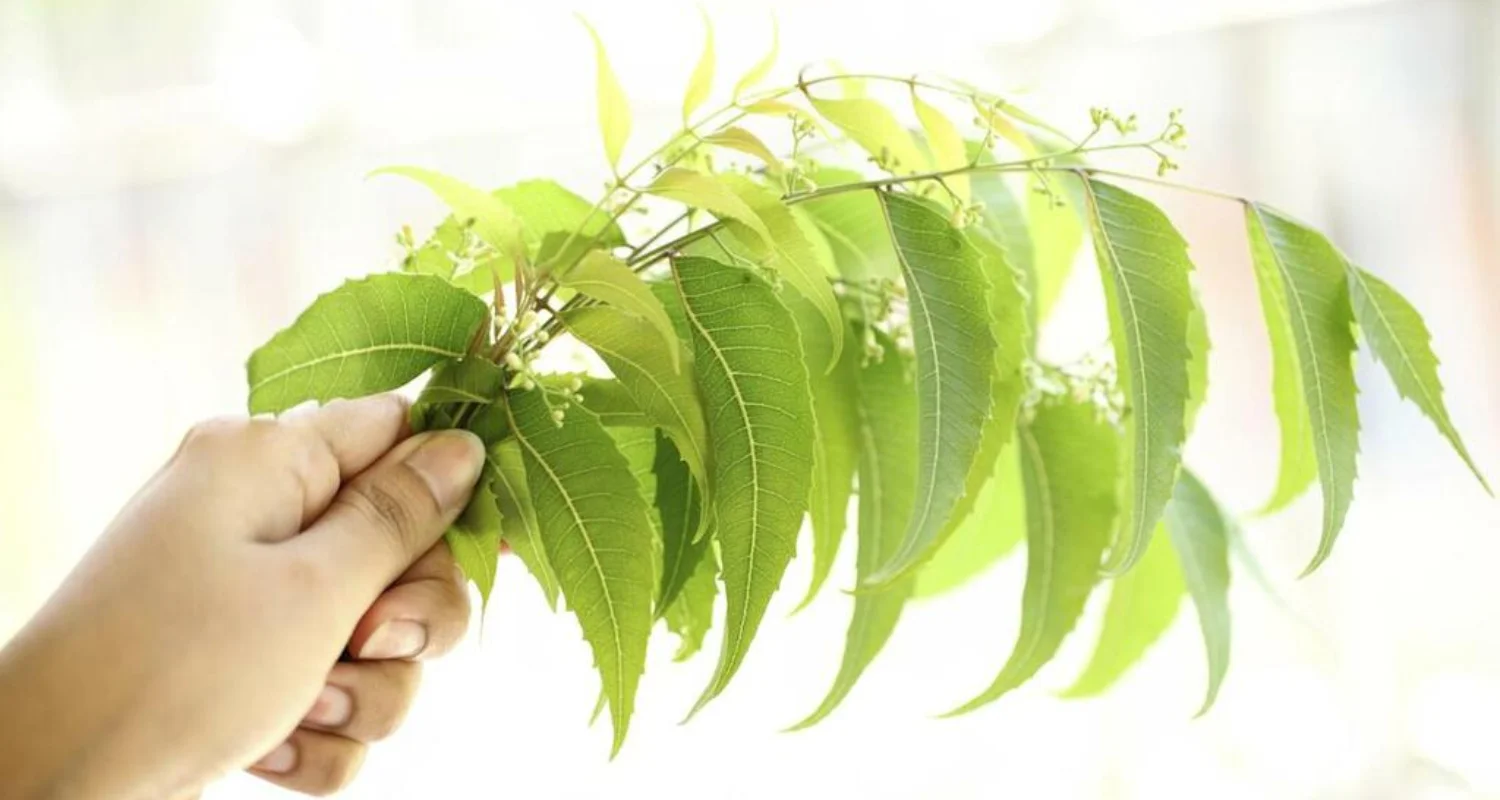Last Updated on: 13th June 2024, 08:58 am
✓ Fact Checked 🕓
❙ Our team of writers, editors, and medical experts rigorously evaluates each article to ensure the information is accurate and exclusively cites reputable sources.
❙ We regularly assess how the content in this article aligns with current scientific literature and expert recommendations in order to provide the most up-to-date research.
Aloe Vera: The Green Miracle for Combating Gum Disease
Aloe vera has been used in medicine for thousands of years. Historically, it’s known for its vast health benefits. Hannibal once fought wars to control the ample North African growing region. Various books and papers dating from ancient times describe the many creams and solutions made of aloe vera to be used for different diseases and conditions.
In dental care, aloe vera is widely known as a natural remedy. Due to its antibacterial and anti-inflammatory properties, it has been shown to reduce the symptoms of gum disease and contribute to periodontal health. Seeking a chemical-free, natural approach to oral health, this article explores aloe vera’s benefits in dentistry, particularly in treating gum disease.
Understanding Gum Disease
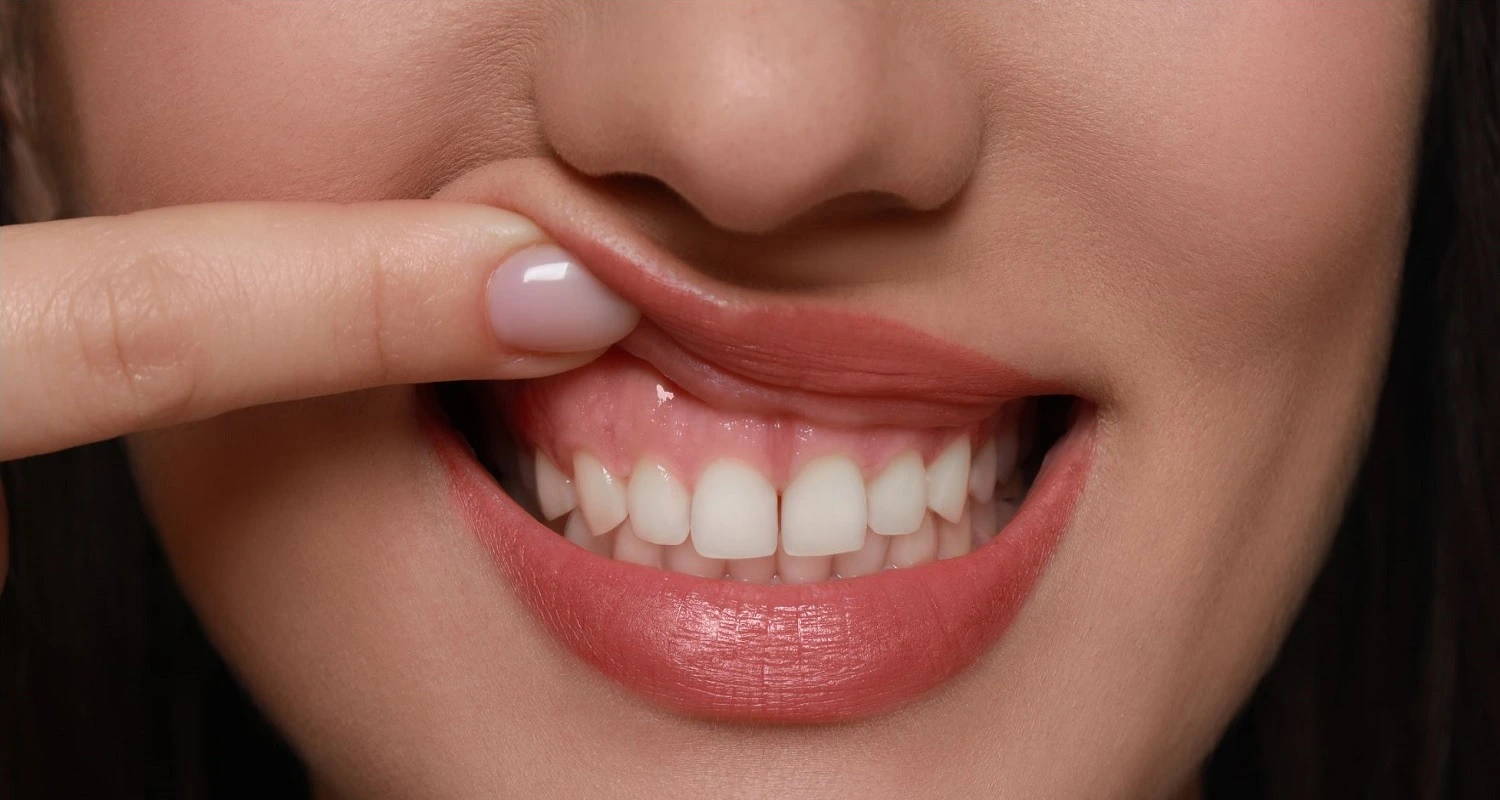
Gum disease, also known as periodontal disease, is an infection of the tissues that support the teeth. It goes through different stages, from mild gingivitis – which starts with the inflammation of the gum – to more severe stages that involve the ligament and bone, potentially leading to tooth loss. It is caused primarily by poor oral hygiene when a sticky film of bacteria hardens on the surface of the teeth.
Gum disease can impact oral health by causing swollen and bleeding gums, sensitivity, persistent bad breath, and eventual loss of teeth if left untreated. Addressing the condition is important because gum disease and bacteria can have significant implications for general health. Studies suggest a link between periodontal disease and conditions like diabetes and cardiovascular diseases. The emphasis on the connection between oral and systemic health has caused many dental clinicians to pay extra attention to their patients’ gum health.
Aloe Vera: An Overview
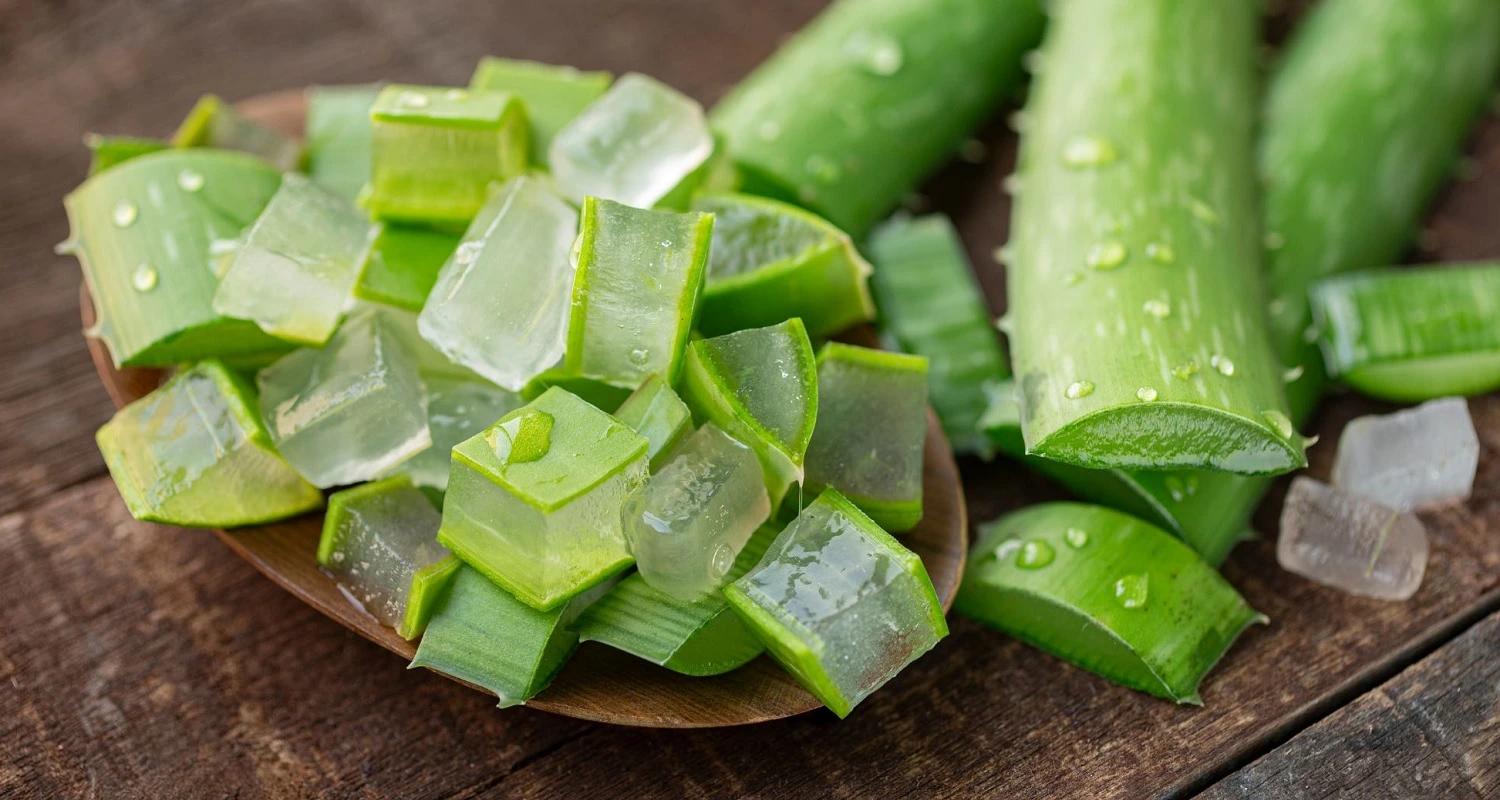
It has a long history of medicinal use; ancient civilizations like Egyptians and Greeks learned early on that the gel extracted from the leaves of the plant is a key component in treating various medical conditions. The gel contains numerous important ingredients including vitamins, minerals, amino acids, and antioxidants that allow the plant to treat a plethora of conditions. In addition, it is renowned for its moisturizing and anti-inflammatory properties, making it a popular ingredient in the dermatology field.
Among the various health benefits, aloe vera has been utilized to treat wounds, burns, and skin irritation; recently, it has gained popularity in skincare due to its soothing and hydrating properties. Studies suggest that it may be a more natural approach to treating digestive issues, supporting immunity, and more.
The Healing Properties of Aloe Vera for Gums
In dentistry, it is used to improve oral health, and its benefits are notable, especially for the gums. The healing properties include:
1. Anti-inflammatory properties
Aloe vera contains ingredients like arachidonic and salicylic acid that effectively reduce the inflammatory substances on the gums and, subsequently, gum inflammation. The anti-inflammatory properties help reduce swelling, redness, and irritation associated with gingivitis, providing relief to affected patients.
2. Antimicrobial properties
The antimicrobial properties have been attributed to the plant’s natural anthraquinones that have demonstrated in vitro inhibition of several bacteria, including those that cause gum diseases.
3. Collagen production
Studies have shown that it can stimulate the production of collagen, a very important protein found in oral tissues. Collagen is important in treating gingivitis because it helps with the healing and repair of the affected gums.
4. Plaque reduction
Regular use of aloe vera may help reduce plaque buildup due to its antibacterial properties, especially against Streptococcus mutans. By preventing plaque formation, it plays a huge role in improving oral health.
5. Enzymatic action
It contains several enzymes divided into two groups: anti-inflammatory and those that break down dead cells in the mouth.
Scientific Evidence: Aloe Vera in Dental Studies
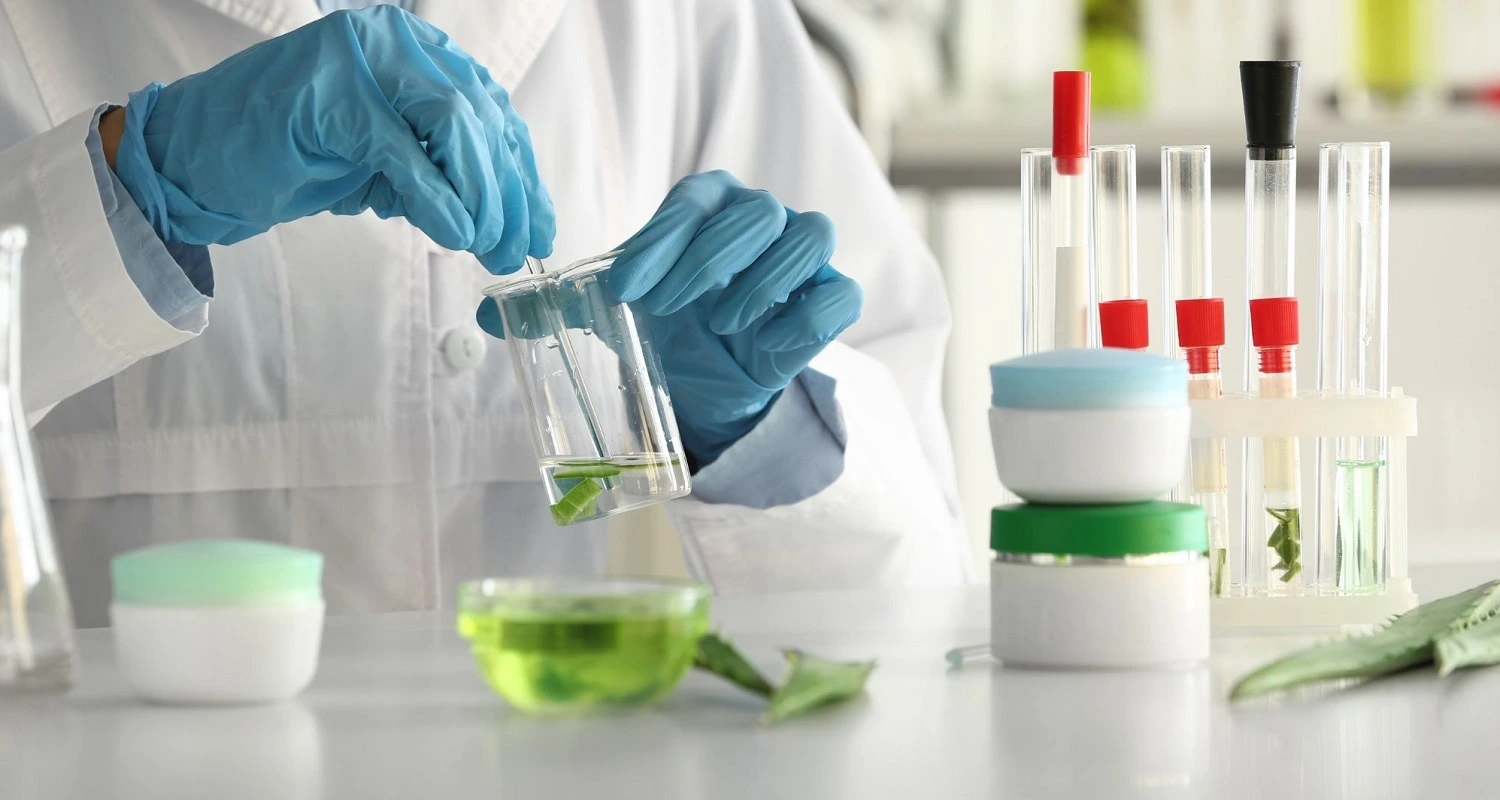
Numerous studies have been conducted over the decades about the benefits of aloe vera on general health and oral health. Current data suggests that, due to its anti-inflammatory, anti-bacterial, and healing properties, the gel may not only reduce gingival inflammation, but can also help with other oral diseases like lichen planus, aphthous stomatitis, and more.
Aloe vera-infused toothpaste and mouthwash are very common nowadays and have been approved by different dental organizations like the American Dental Association. The addition of the ingredient improves gingival health, and prevents plaque formation and tooth decay, while it also offers a soothing sensation and decreases sensibility, especially in teeth whitening products. Even major oral care brands, like Colgate, have created more natural toothpaste including aloe vera.
How to Use Aloe Vera for Gum Disease
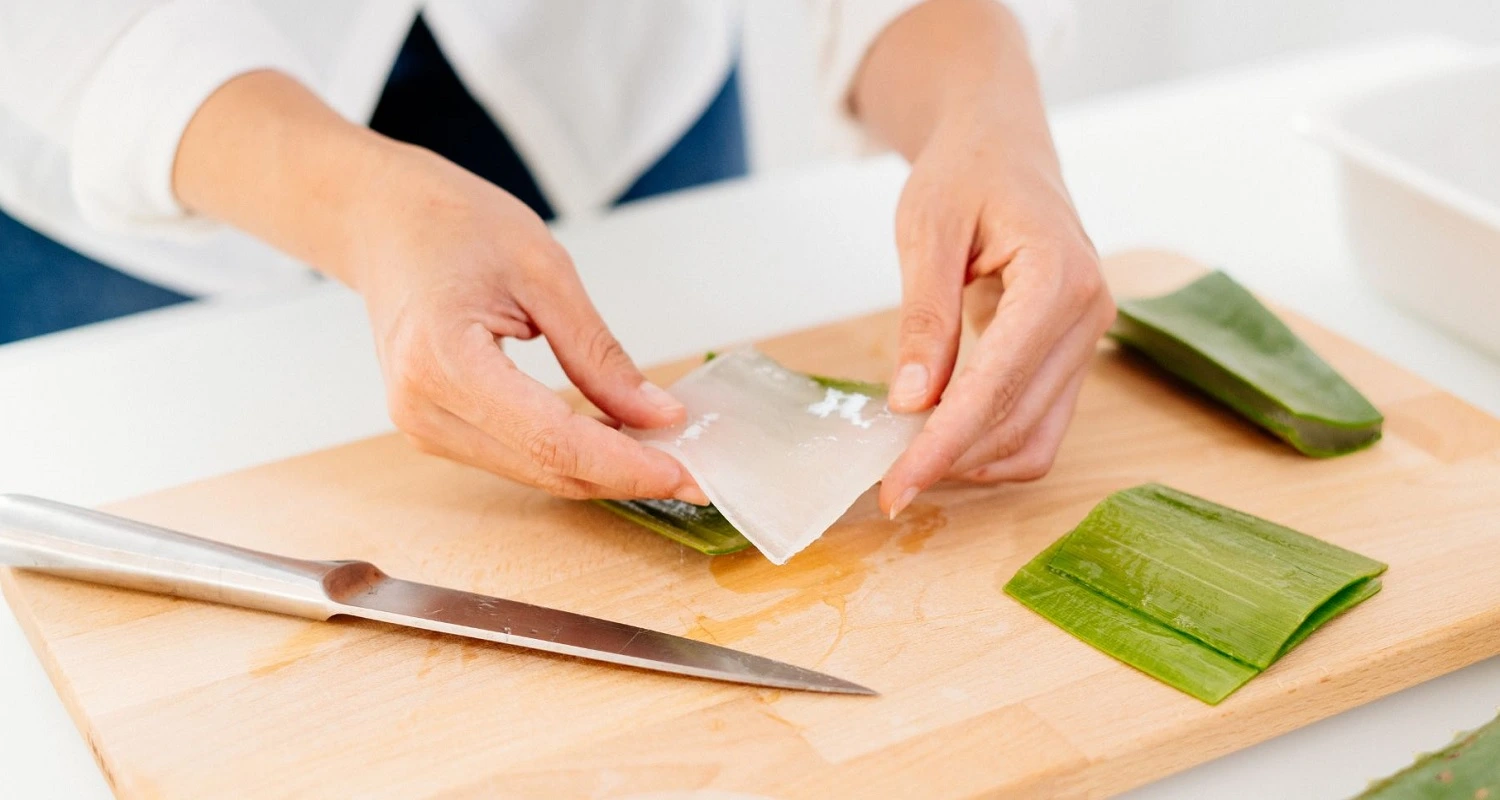
To harvest aloe vera’s benefits, you can use infused products easily bought over the counter or use the plant itself. If you have the plant in your backyard or a pot on your balcony, wash it, remove the bark, and scoop the gel into a cup. The pulp can be used in two ways:
1. With your finger, put the gel directly on the gums and massage it, using gentle circular motions. Leave it for a few minutes and rinse with water.
2. Add the pulp and a little water to a food processor to make a mouthwash. Use it 1-2 times a day.
Precautions and Best Practices
Using the aloe vera plant is generally safe, but some people may be allergic to it, so patch testing before use is always recommended. When it comes to buying products with aloe vera, reach for products with 100% of the ingredients, without chemicals or added preservatives. buy only from reputable brands. If you have any concerns, consult with a healthcare professional before using it to boost your oral health.
Conclusion
Decades of research back up the anti-inflammatory and anti-bacterial properties of aloe vera and its benefits for our health – oral health in particular. Gingivitis will affect all of us at some point, and it emerges as a promising natural solution for the problem. As we delve into the realm of holistic solutions, harnessing the benefits of this succulent plant could prove instrumental in managing and preventing gum disease, paving the way for healthier smiles and improved well-being.
Frequently Asked Questions
Can I apply aloe vera directly to my gums?
It has been accepted that subgingival administration of aloe vera gel leads to an improvement in one’s periodontal status. The gel can be used as a local drug delivery system in periodontal pockets.
Is aloe vera gel safe for oral use?
Aloe vera gel is typically safe. In fact, it has been shown to be effective in treating skin conditions like burns and psoriasis. However, it’s important to avoid ingesting aloe latex. Raw aloe latex contains chemicals that may be linked to cancer, while processed aloe latex could contain carcinogenic compounds.
How to use aloe vera in the mouth?
Rub a gauze soaked in aloe vera juice on the affected area or rinse your mouth several times a day, especially at night before bedtime. The antibacterial effects of aloe vera will help combat dental plaque. Simply rub the teeth with pulp or rinse with juice.
How to prepare a mouthwash with Aloe vera?
A mouthwash for gingivitis is made with aloe vera and citronella, herbs that possess powerful antibacterial, antiseptic, analgesic, and anti-inflammatory properties. This duo can effectively prevent and alleviate sore and swollen gums, among other oral discomforts.
● Mix water, baking soda, and aloe vera juice until well combined. (2 minutes)
● Add drops of lemongrass essential oil and stir the mixture. (1 minute)
● Transfer to a bottle for storage. It’s recommended to keep it refrigerated to maintain freshness. Shake well before use.
Use this aloe vera and citronella mouthwash for gingivitis after each tooth brushing, at least twice a day. To do this, pour about 4 tablespoons into a small cup. Take a sip and swish the liquid around in your mouth for 15 to 30 seconds. Spit and repeat until you’ve used all the mixture in the cup.
Share:
References
1. Liccardo, D., Cannavò, A., Spagnuolo, G., Ferrara, N., Cittadini, A., Rengo, C., & Rengo, G. (2019, March 20). Periodontal Disease: A Risk Factor for Diabetes and Cardiovascular Disease. International Journal of Molecular Sciences. https://doi.org/10.3390/ijms20061414
2. Higuera Valencia, Frank Christine DDS. (Aug, 2019). Benefits of Aloe Vera for Your Gums. Healthline. https://www.healthline.com/health/aloe-vera-for-gums
3. Mangaiyarkarasi, S. P., Manigandan, T., Elumalai, M., Cholan, P. K., & Kaur, R. P. (2015, January 1). Benefits of Aloe vera in dentistry. Journal of Pharmacy and Bioallied Sciences. https://doi.org/10.4103/0975-7406.155943
4. Karim, B., Bhaskar, D. J., Agali, C., Gupta, D., Gupta, R. K., Jain, A., & Kanwar, A. (2014). Effect of Aloe vera mouthwash on periodontal health: triple blind randomized control trial. Oral health and dental management, 13(1), 14–19.


